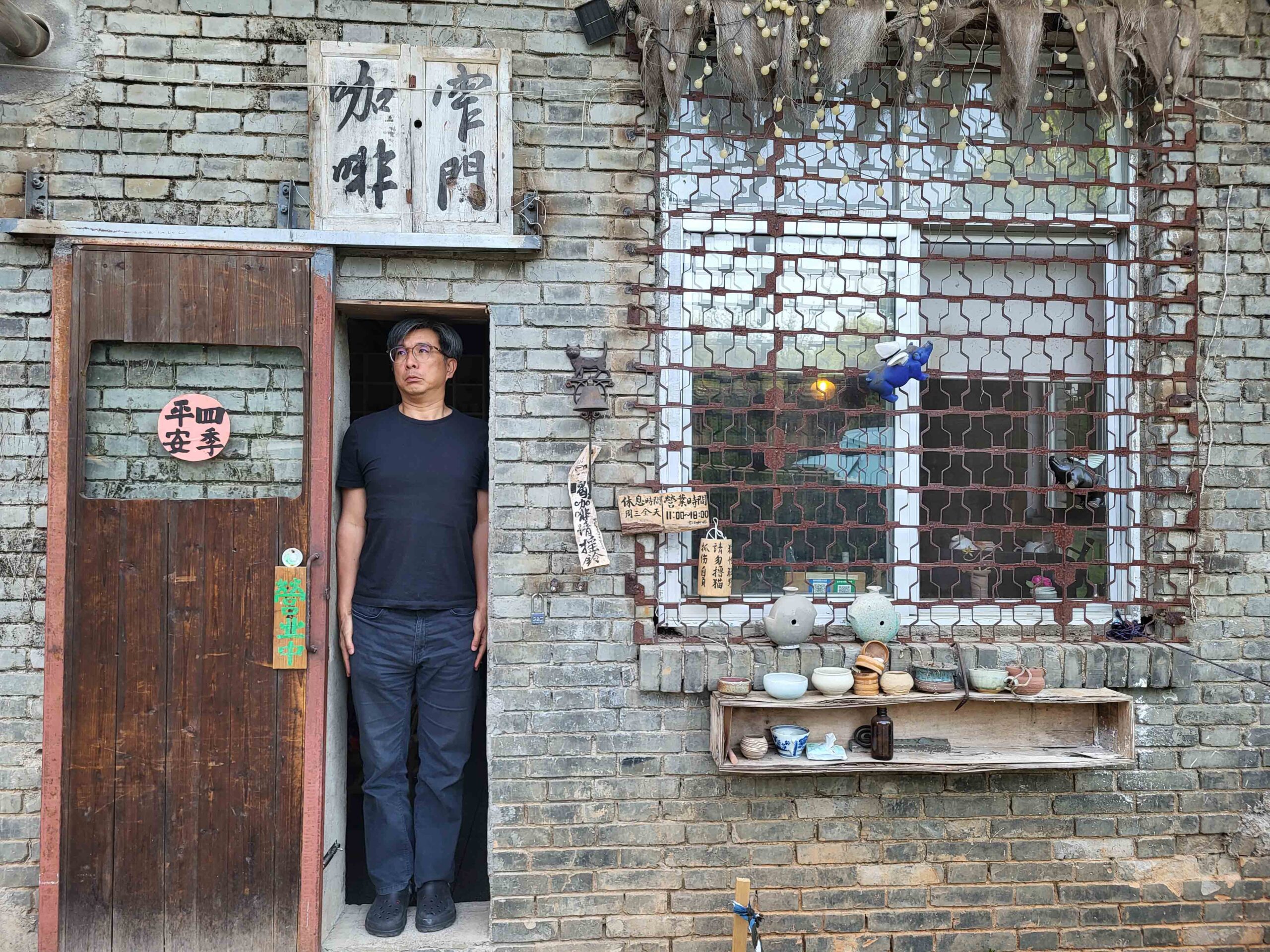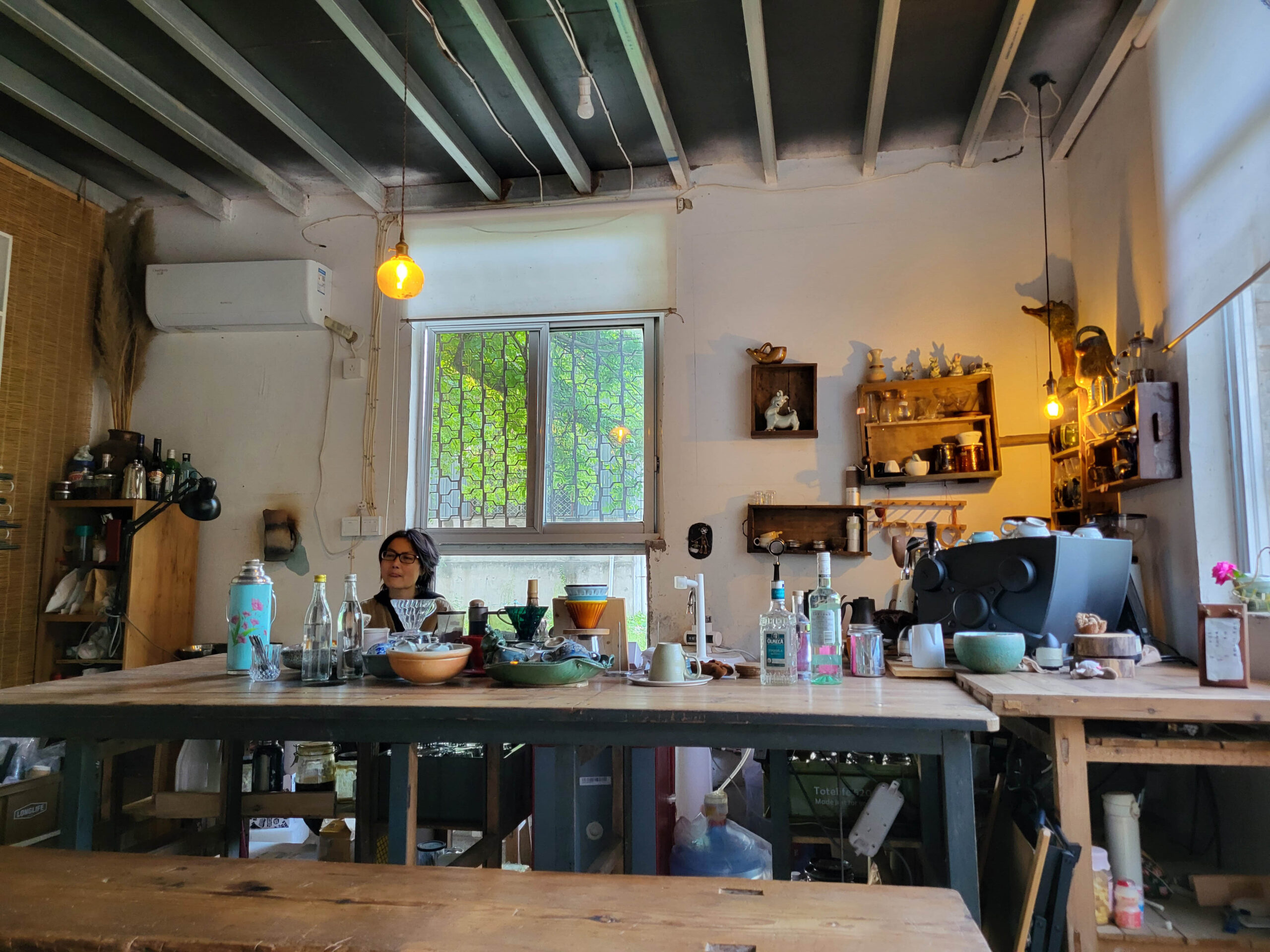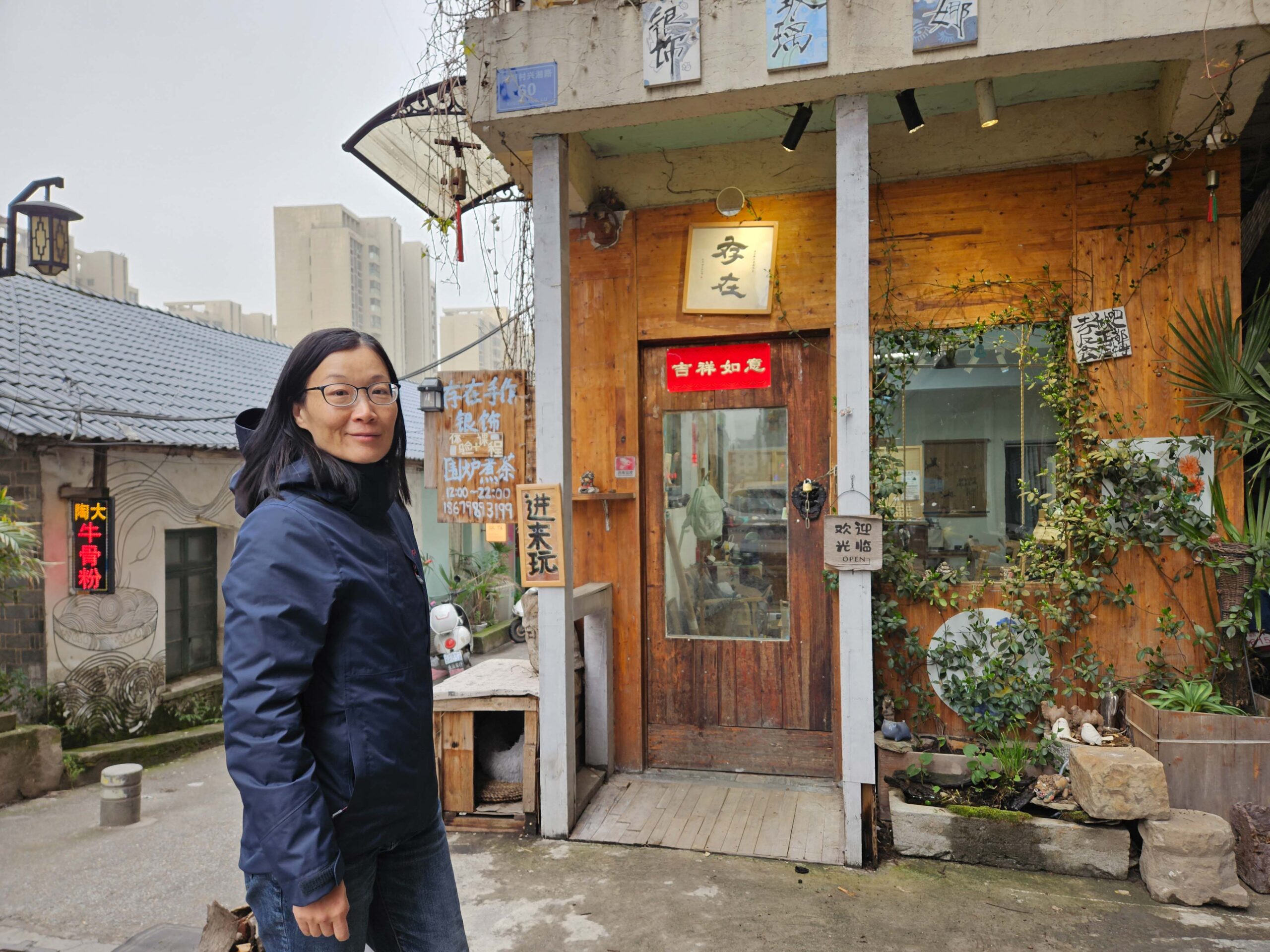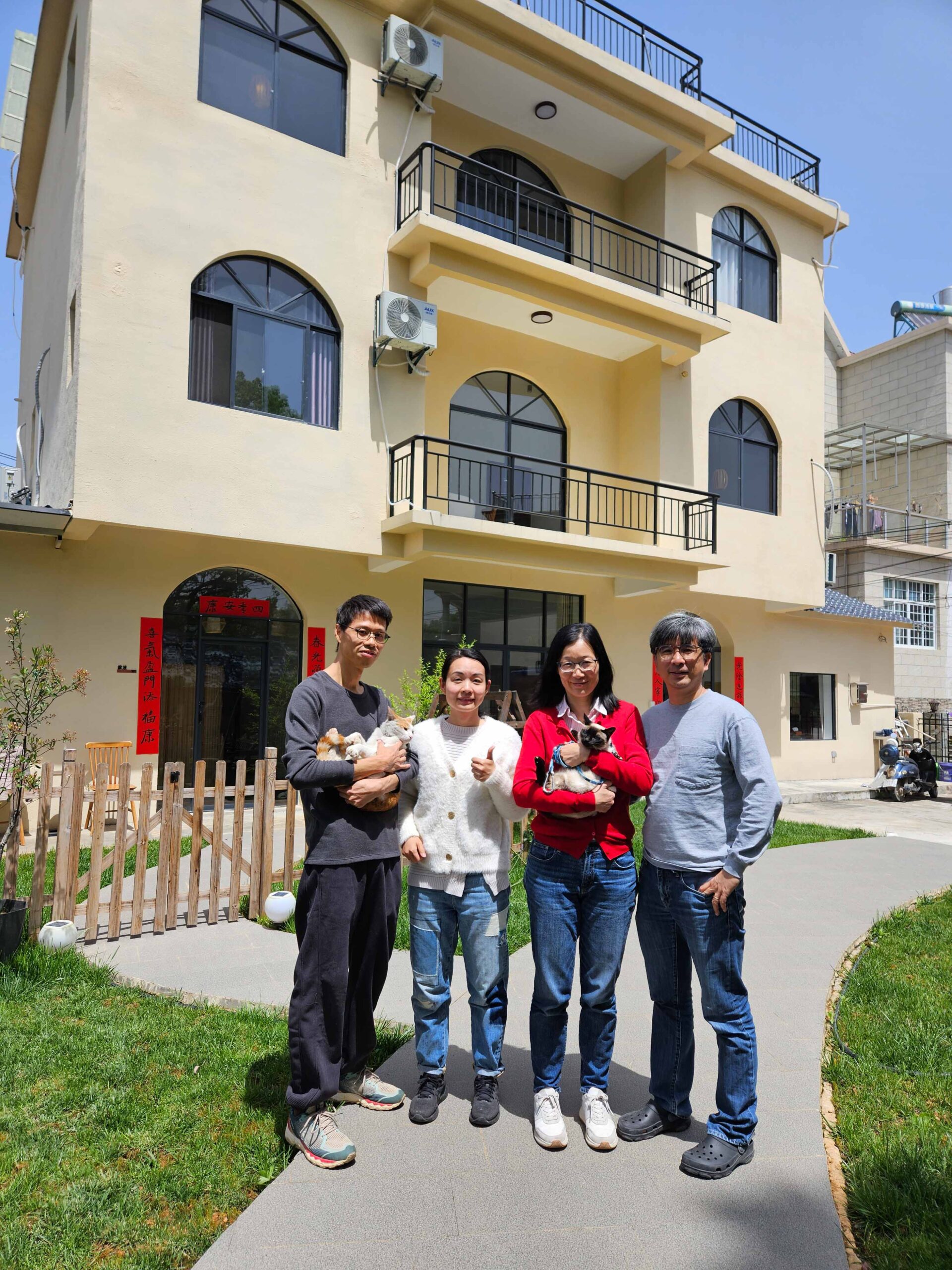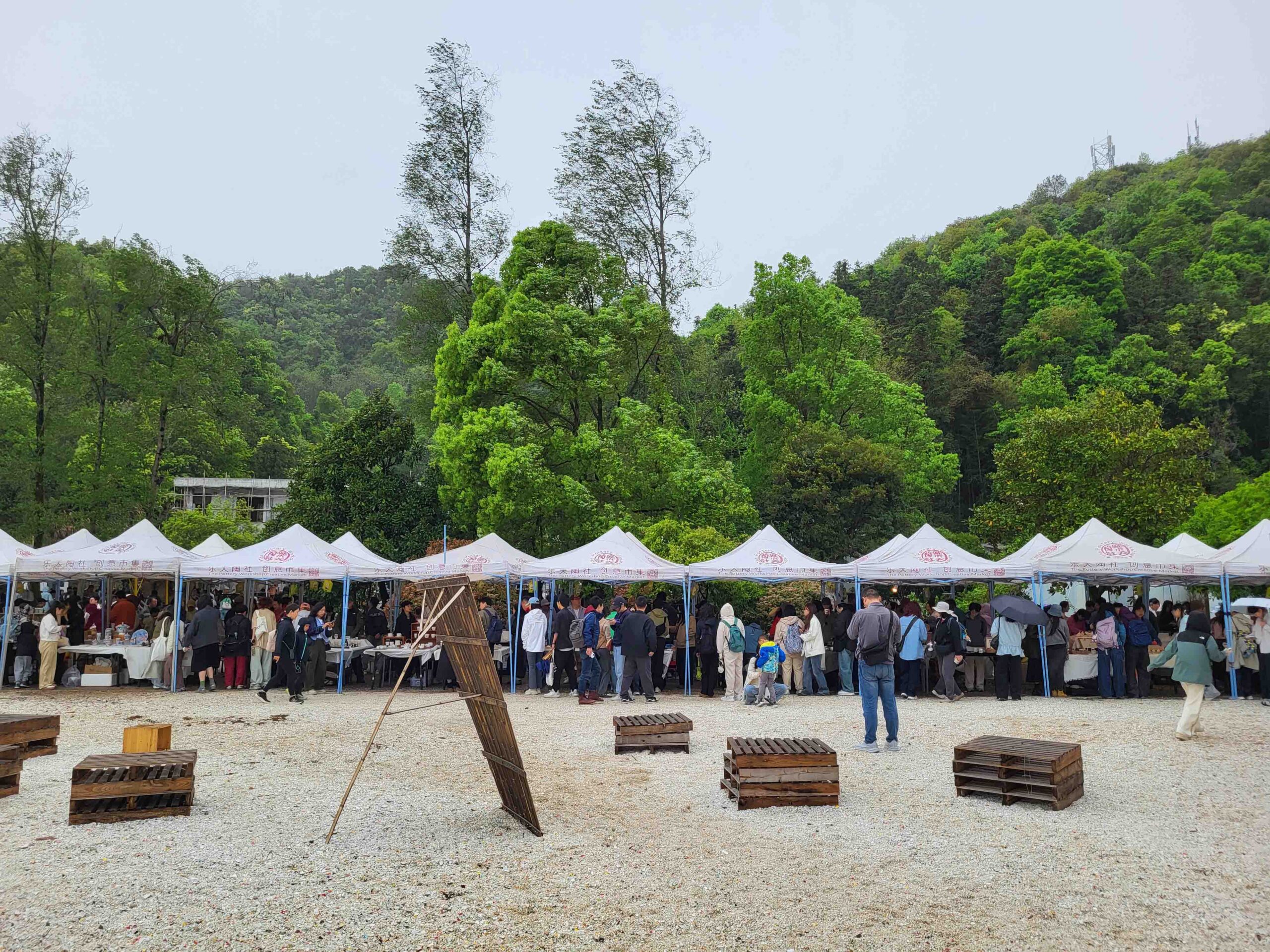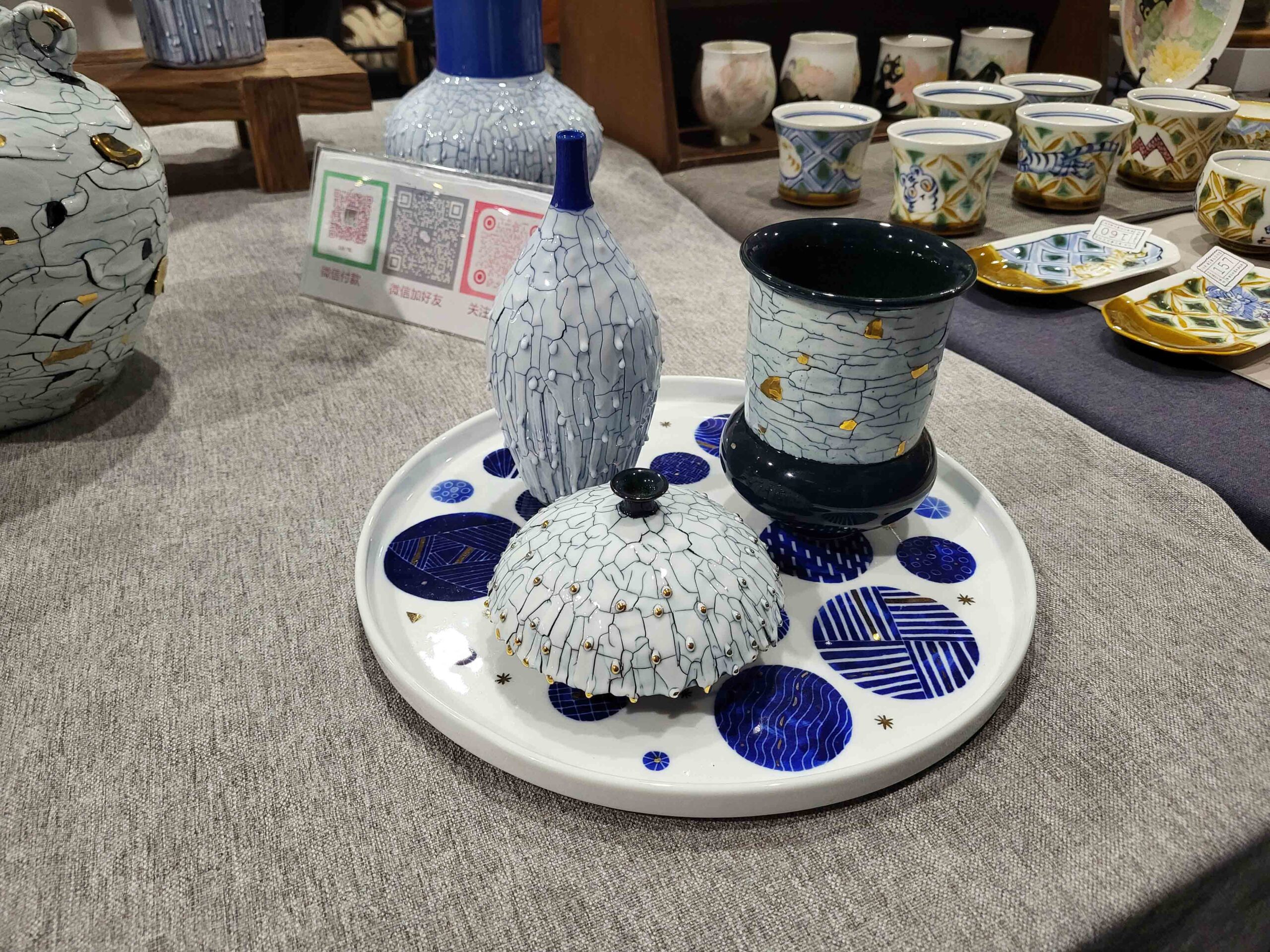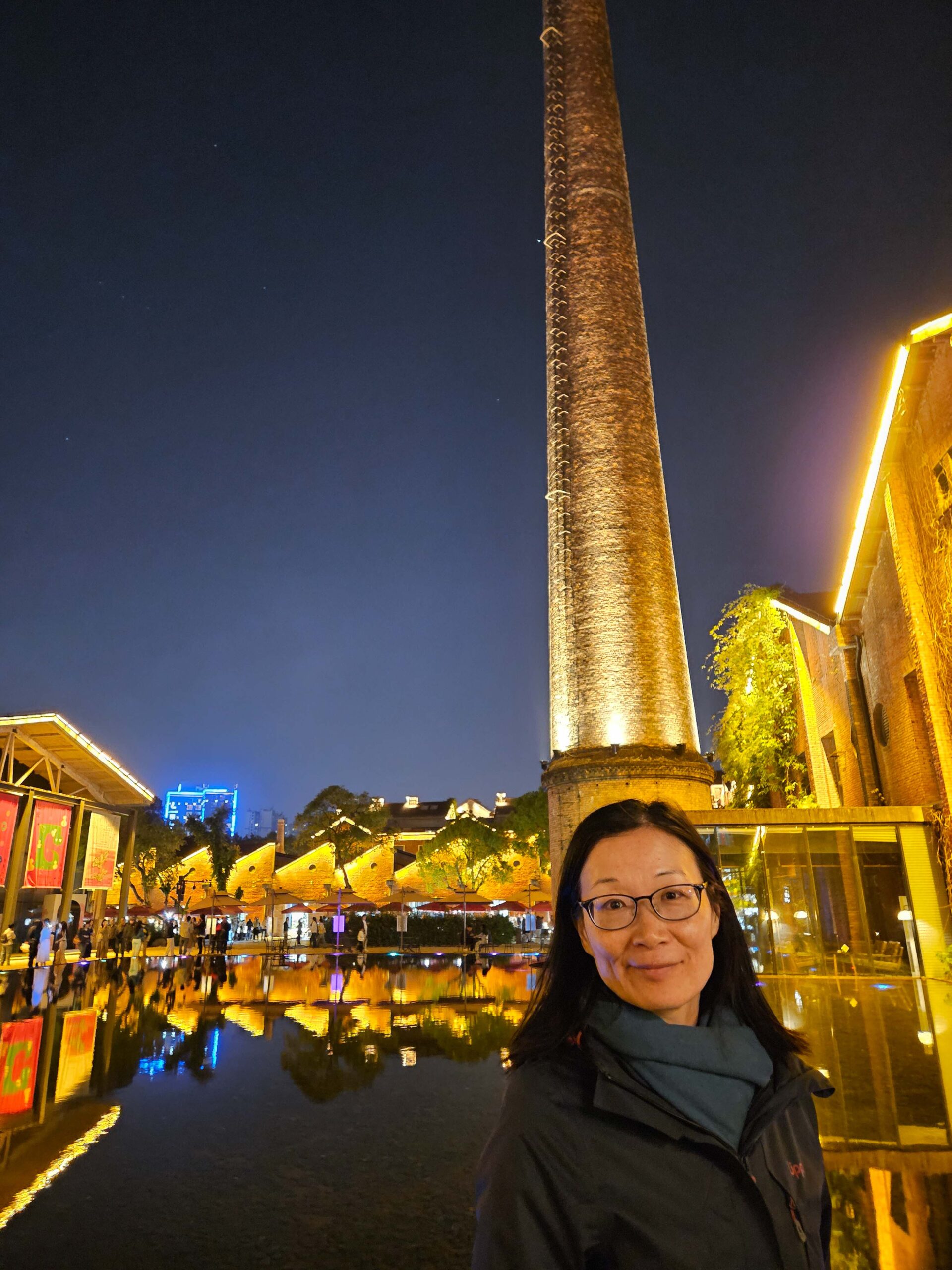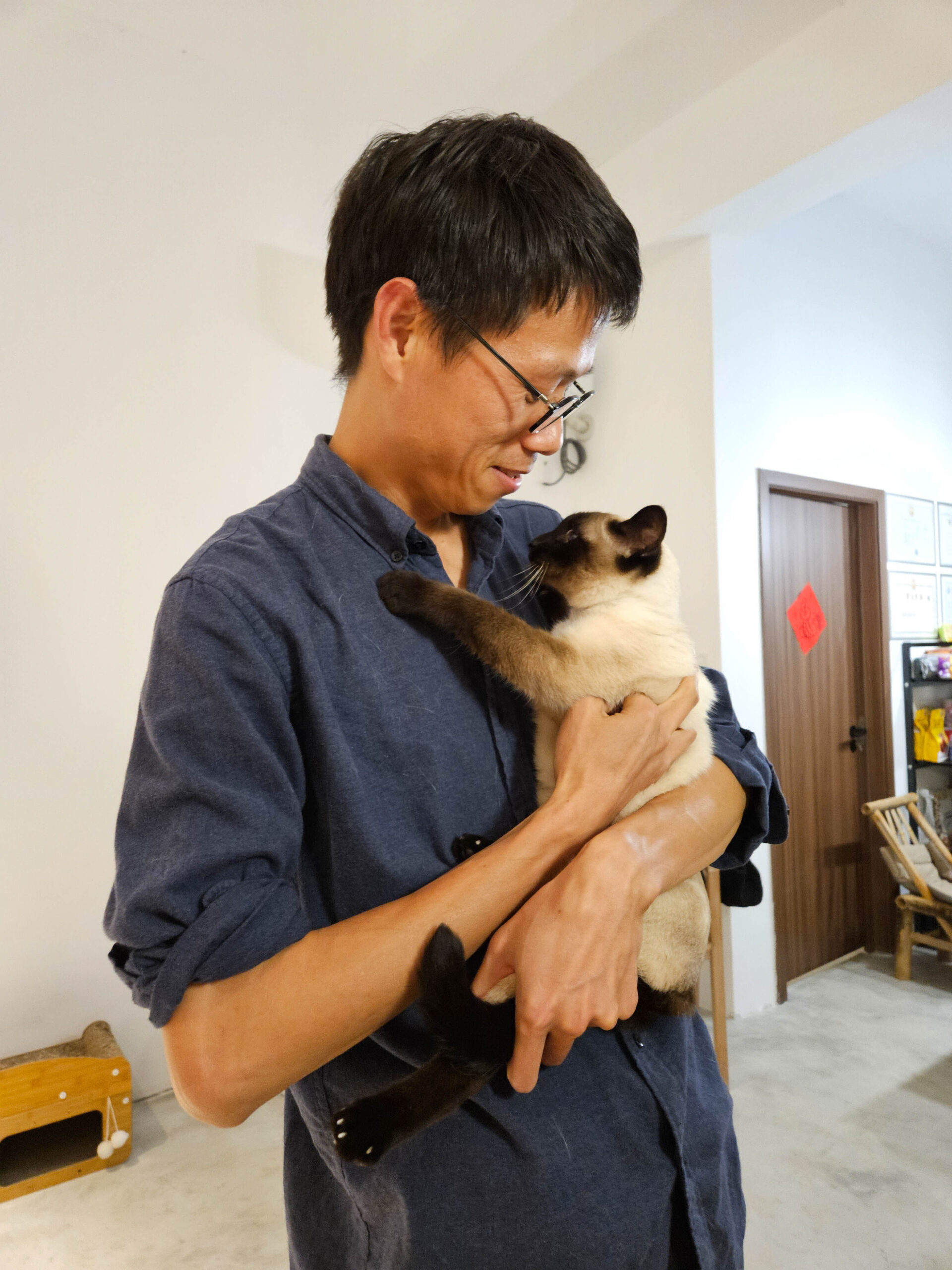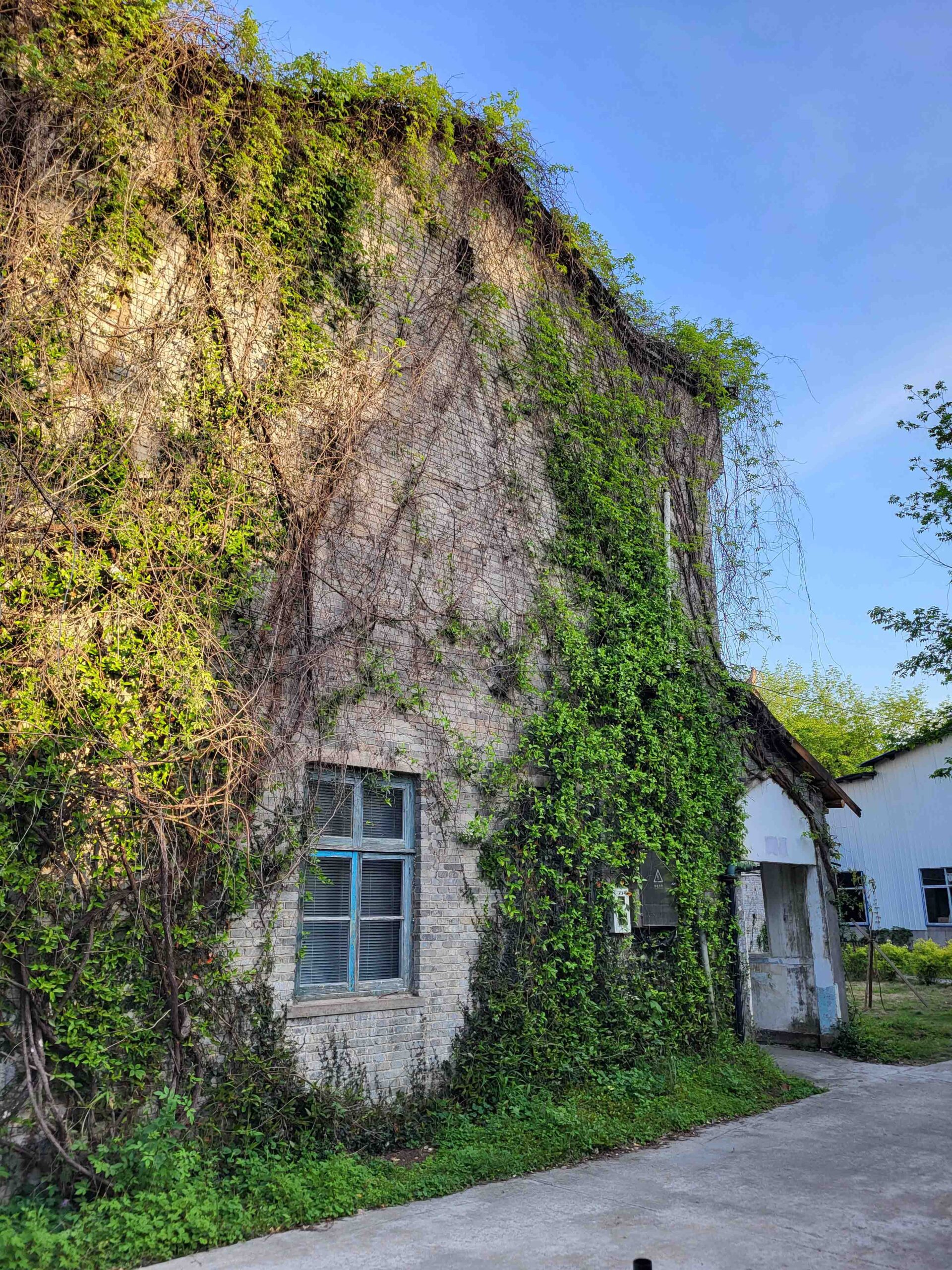11 Apr – 18 Apr 2025
Back in 2020, during the first year of our China trip, we went to a small old town Shaxi (沙溪) in Yunnan and met a lovely young woman Hui Hui who ran a charming guesthouse. We stayed about 10 days at her place. At the time, she just sold her guesthouse business and planned to learn pottery in Jingdezhen (景德鎮).

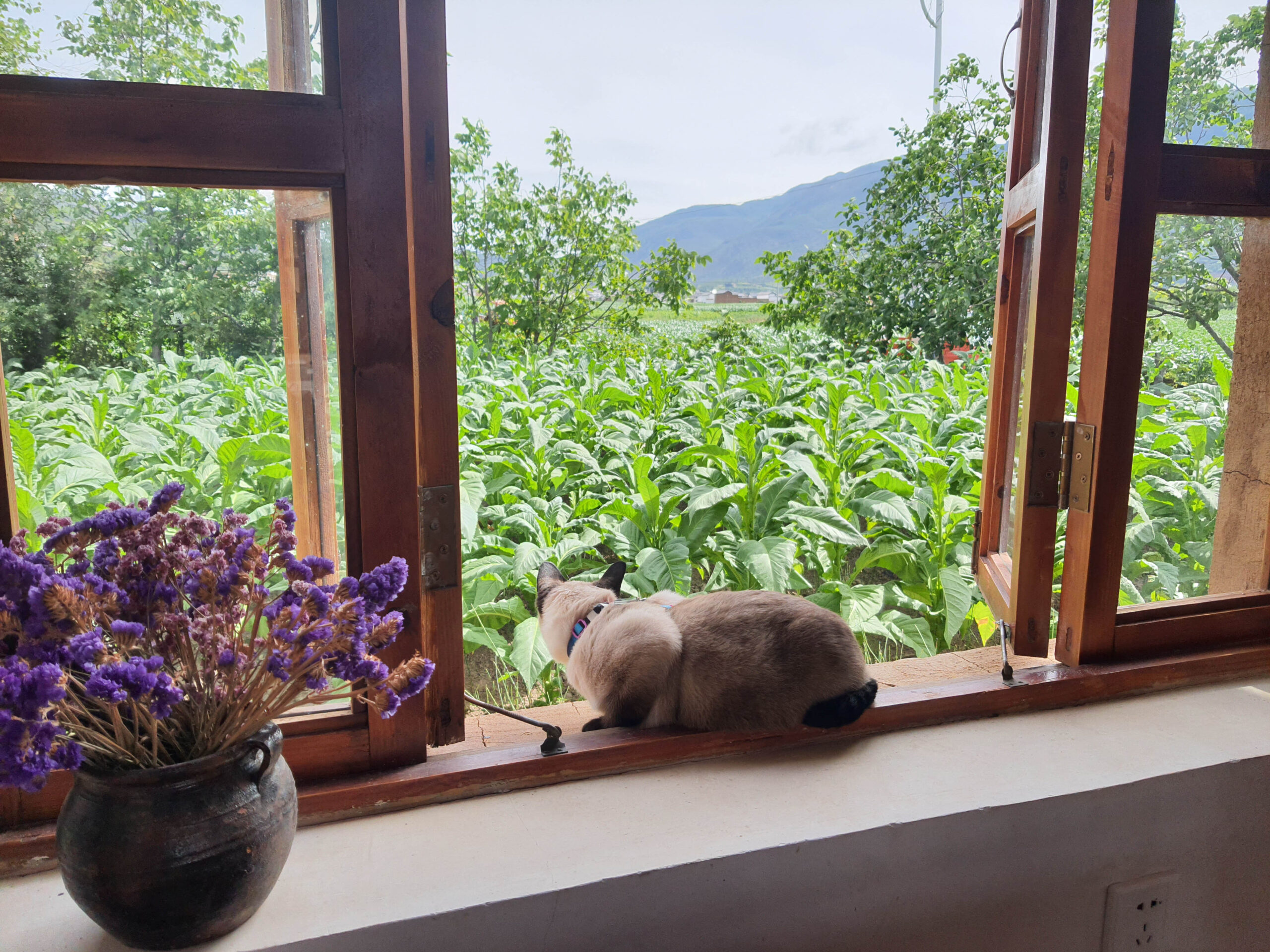
Huihui later got married and travelled to various places in search of a suitable spot to open another guesthouse. After searching high and low, she found an idyllic spot in a village in Jingdezhen, Jiangxi.

We decided to see Hui Hui after our long break in Zhongshan. It’s about one thousand kilometres to drive from Zhongshan to Jingdezhen. We stopped briefly in Longnan (龍南) at the southern tip of Jiangxi (江西) and found out that it is the township of Hakka (客家).

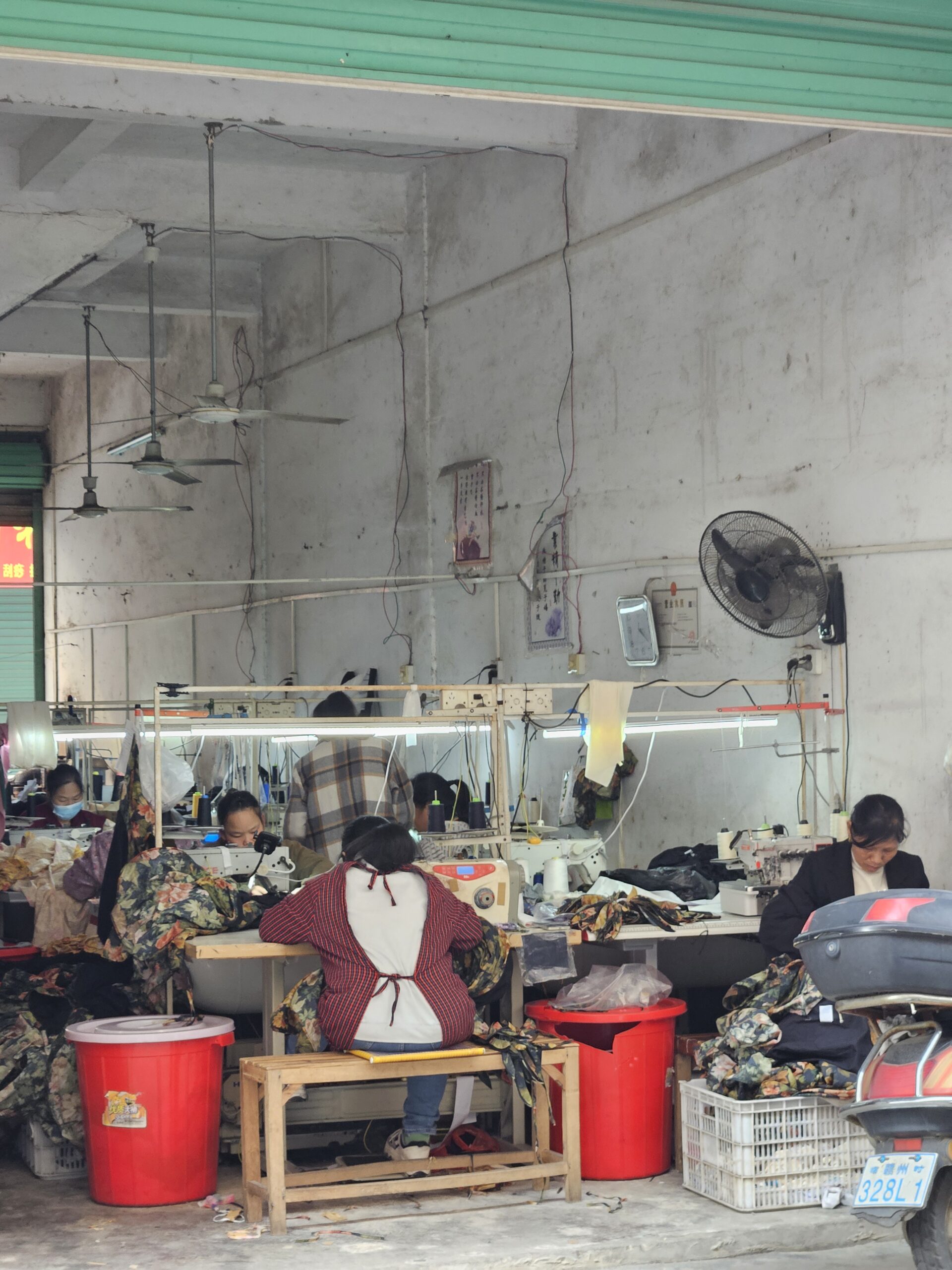
The Hakka are a southern Han Chinese subgroup which fled from the north to different areas of southern China in the past due to social unrest and invasion. However, as they migrated later than other southern Han people, fertile lands were already occupied by the earlier settlers and the Hakka people could only settle in infertile land or hilly areas. Hence, they are known for being hard-working, especially the Hakka women. They are traditional in terms of family commitments and are dexterous craftsmen.



When one talks about spicy food, Sichuan or Chongqing cuisine usually comes to mind. But Jiangxi cuisine is in fact the spiciest of all. Hakka dishes in Guangdong are mild but in Longnan, even the Hakka dishes are spicy.


We then drove to Hui Hui’s guesthouse in Jingdezhen. She has a good eye and found a tranquil spot in a village not far from the Jingdezhen Ceramic Institute. The moment we turned into the small road and saw the fields next to her guesthouse, we immediately felt very at home.

It was so nice to see Hui Hui again after five years. Her husband A Cai is very down to earth and kind. He’s from Guangdong and gave us the chance to speak Cantonese. We had dinner together and reminisced what we did since we last met.
Hui Hui designed the guesthouse all by herself and spent months renovating a local house and front yard into a charming guesthouse with five spacious ensuite rooms. We slept so well the first night and woke up to the crowing of the roosters.



The first day, we rode their electric moped to a weekly pottery fair after breakfast. It is so popular that the organizer started charging entrance fee (RMB50). Hui Hui booked for us in advance so that we got a discount. Despite a relatively windy morning with drizzle, there were many young people at the fair.

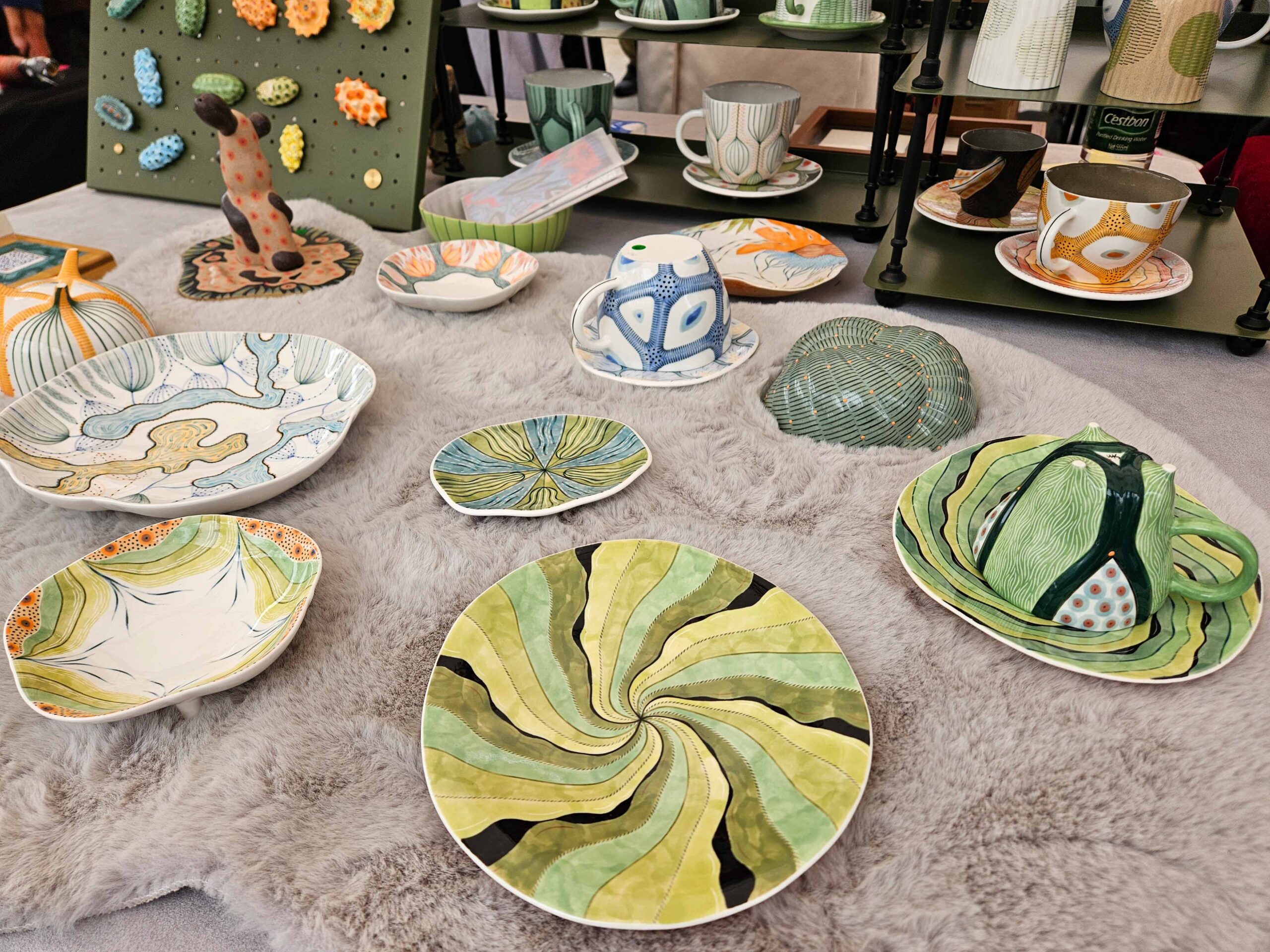
Jingdezhen is renowned for fine ceramics since it has a long history of producing high-quality porcelain in the country dates back to the 6th century. There are many ceramic factories and kilns all over Jingdezhen and some of the old factories have been renovated or reconstructed as major tourist attractions.

Tourism of Jingdezhen has taken off in recent years and many young people come to learn ceramics. A lot of the guests at Huihui stay for one week or longer for these short-term ceramic courses. There are many ceramic markets of different qualities. Some sell cheap ceramics which are in fact from Yiwu (義烏) which is known for the world’s largest small commodity wholesale markets.
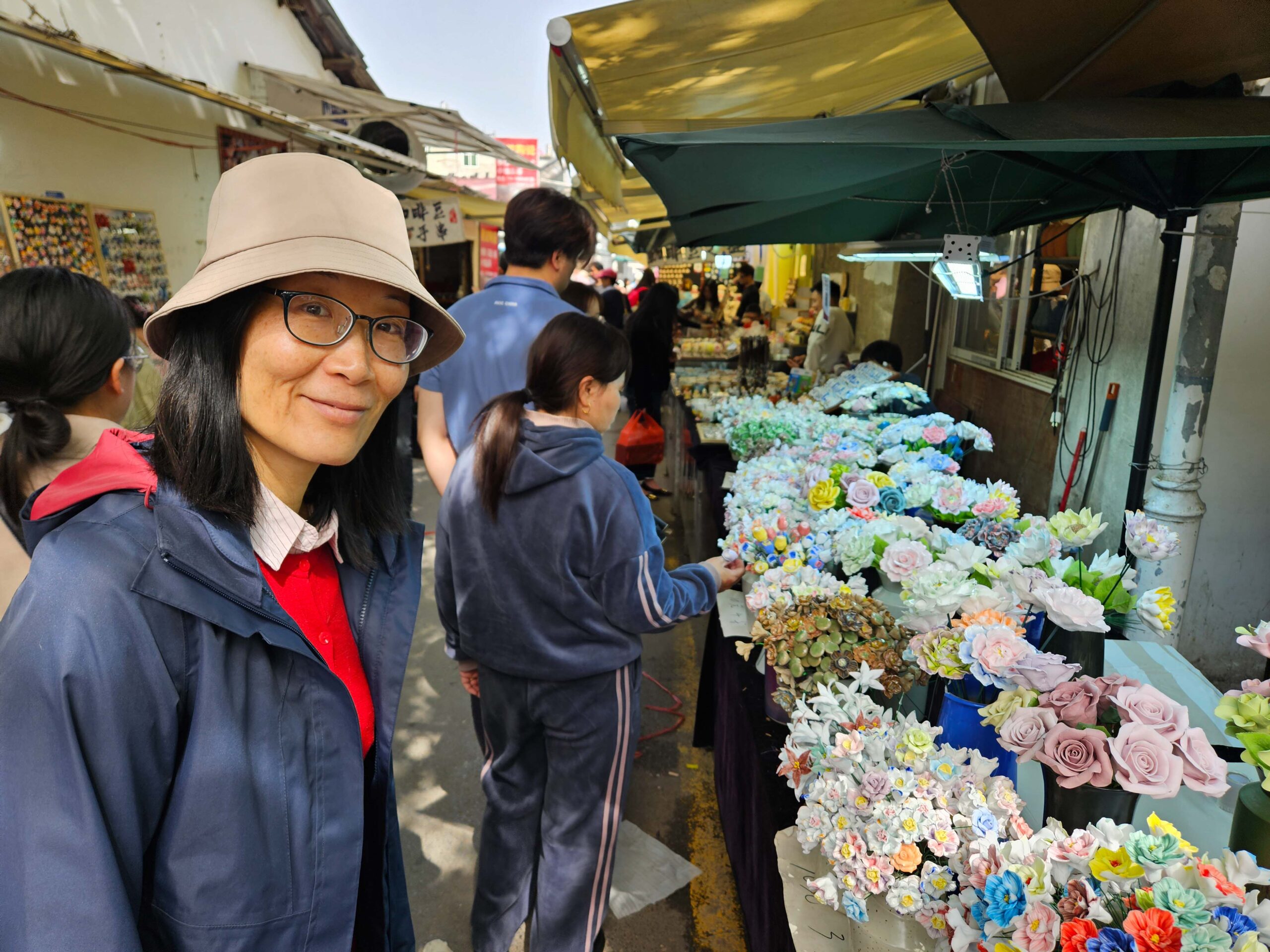

There are a number of ceramic museums and we tried to visit one of them. It was so popular that we were unable to book appointments online. Each hour, the museum issued limited tickets on site. But when we saw the hordes of tourists outside the museum, we decided to give it a pass and went to lunch in town instead. It turned out to be a wise decision as we saw people posting on Red Note showing how crowded it was.


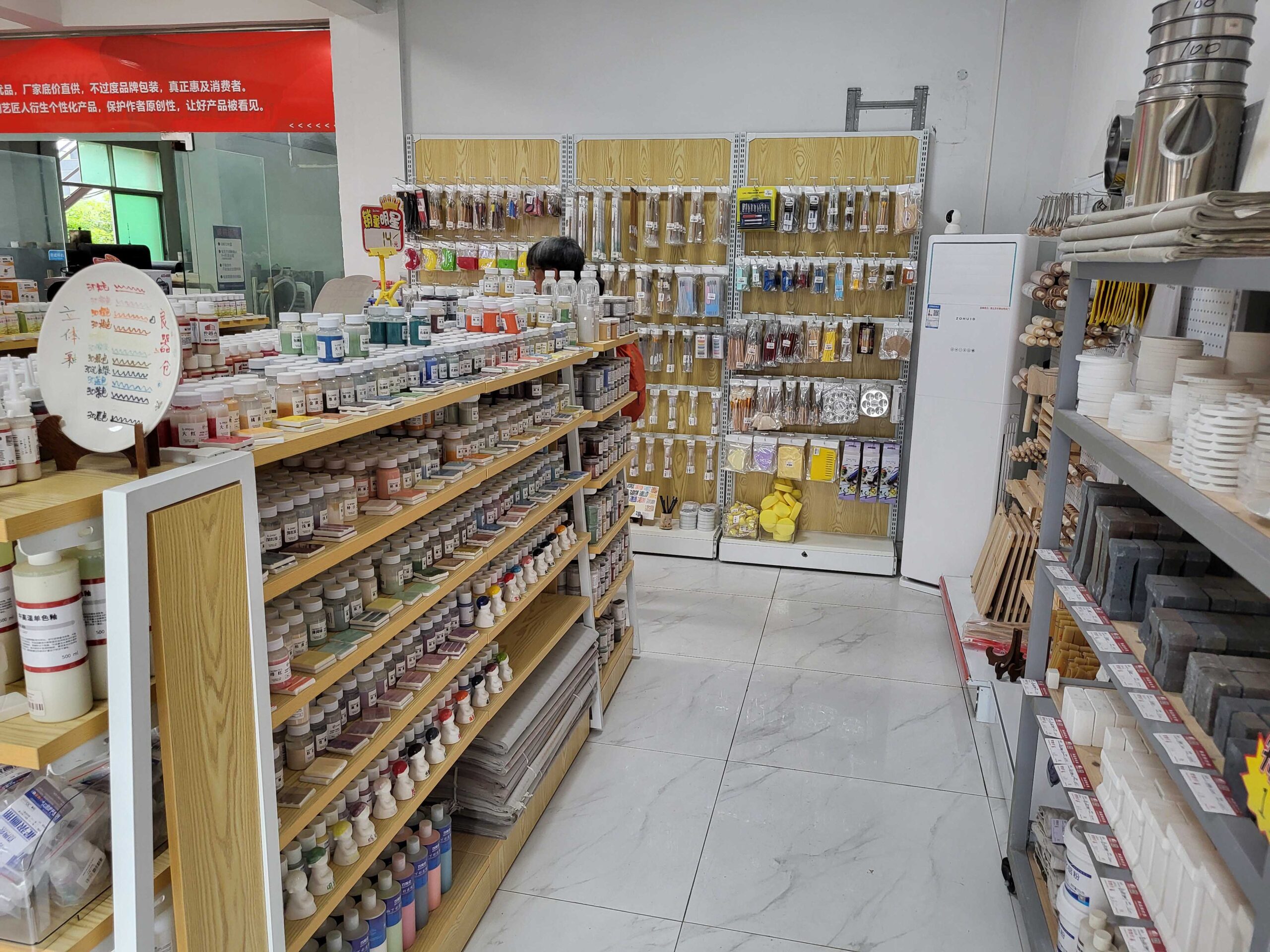

We did not visit any popular destinations such as Sanbao Village with a high concentration of artisan ceramic workshops, chic cafes and shops. Instead, we often just chilled in the guesthouse and spent time with Hui Hui and A Cai.; One day, we took a stroll along the dam nearby. Another day, we visited an old electronics factory that has a few low-key ceramic workshops.



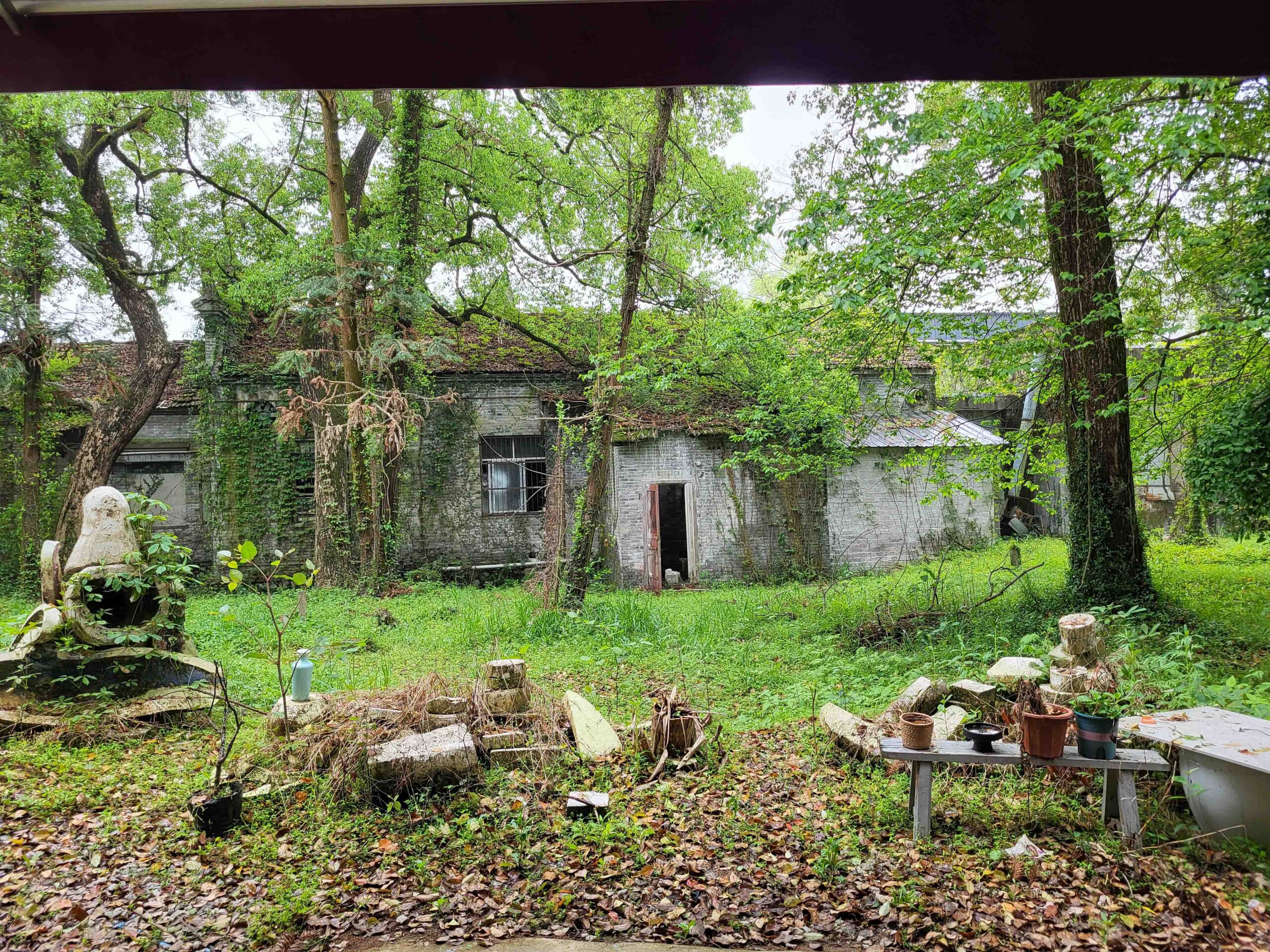
Hui Hui is full of life underneath her unassuming personality and quiet appearance. Starting and running a guesthouse is no easy task and it takes a great deal of independent thinking and vision to be successful in this highly competitive business. She and A Cai make a great team. While Hui Hui takes care of the bookings, pick up arrangements and guest liaison; A Cai is busy with getting supplies for breakfast and dinners, cleaning and taking care of the front yard, etc.

Hui Hui has good aesthetic taste which is clearly reflected in the way she designed her guesthouse. She is meticulous and pays great attention to details – such as providing earplugs and fruit plates to ensure the guests have a pleasant stay.
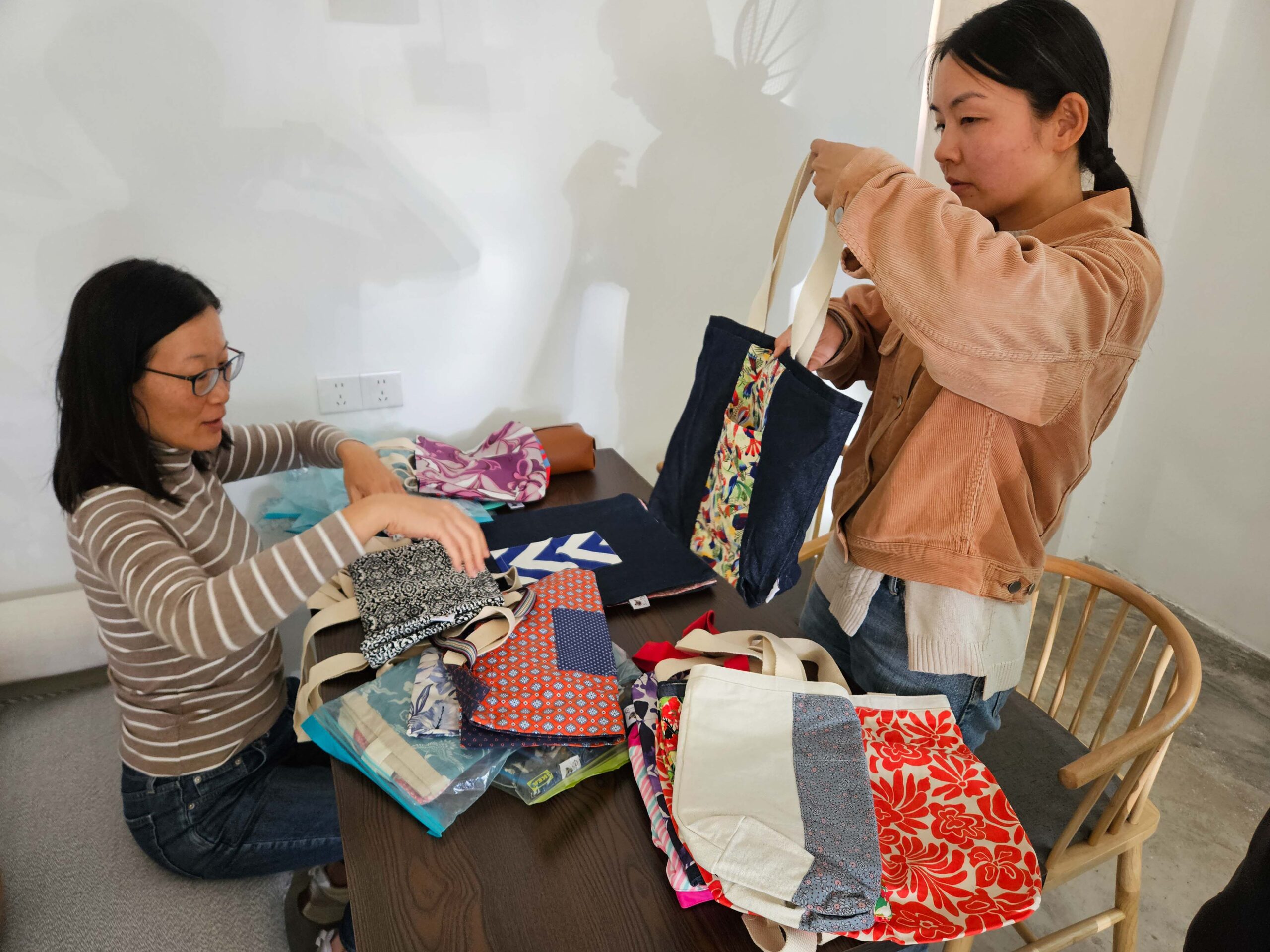
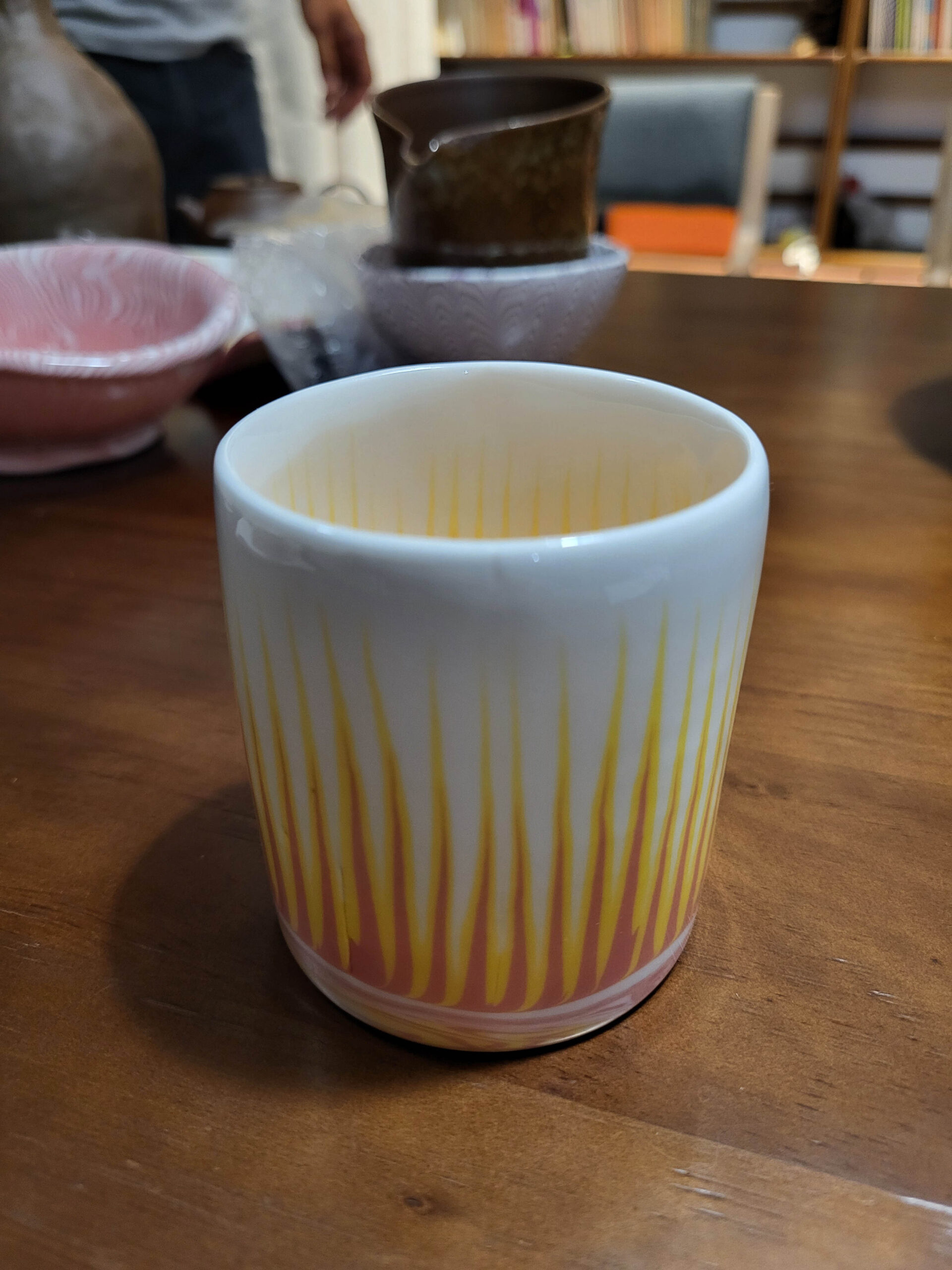
It’s always inspiring to meet young people like Hui Hui who is adventurous and eager to learn and broaden her horizon. She knows what she wants and just goes for it. I admire how she and A Cai live frugally themselves and put everything into making the guesthouse elegant and comfortable. We are so glad to see them and see their business blooming. We only stayed a week as we had arranged to meet friends in Yangzhou. We want to come back and stay longer next time.
